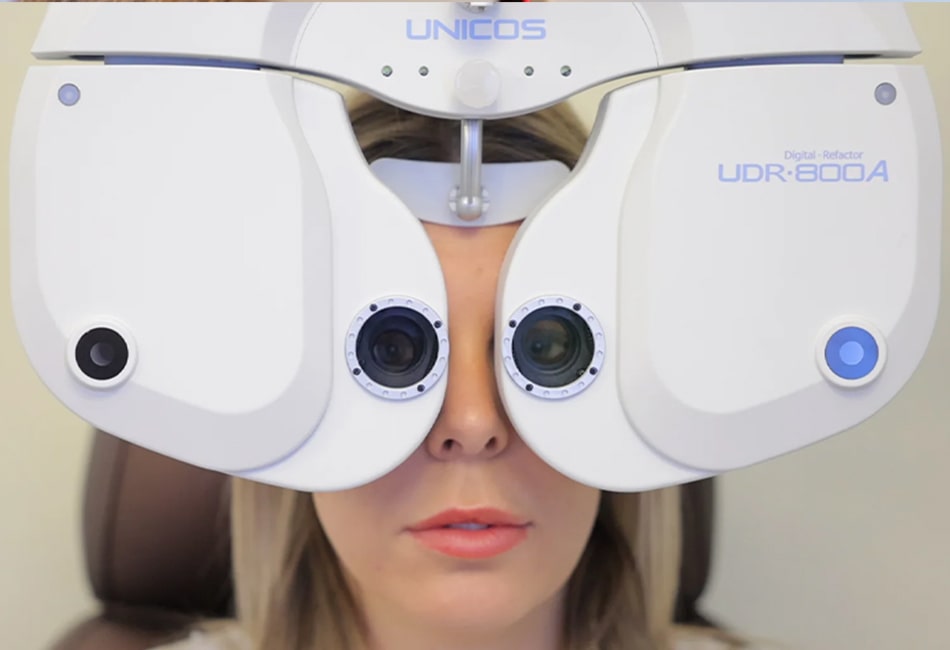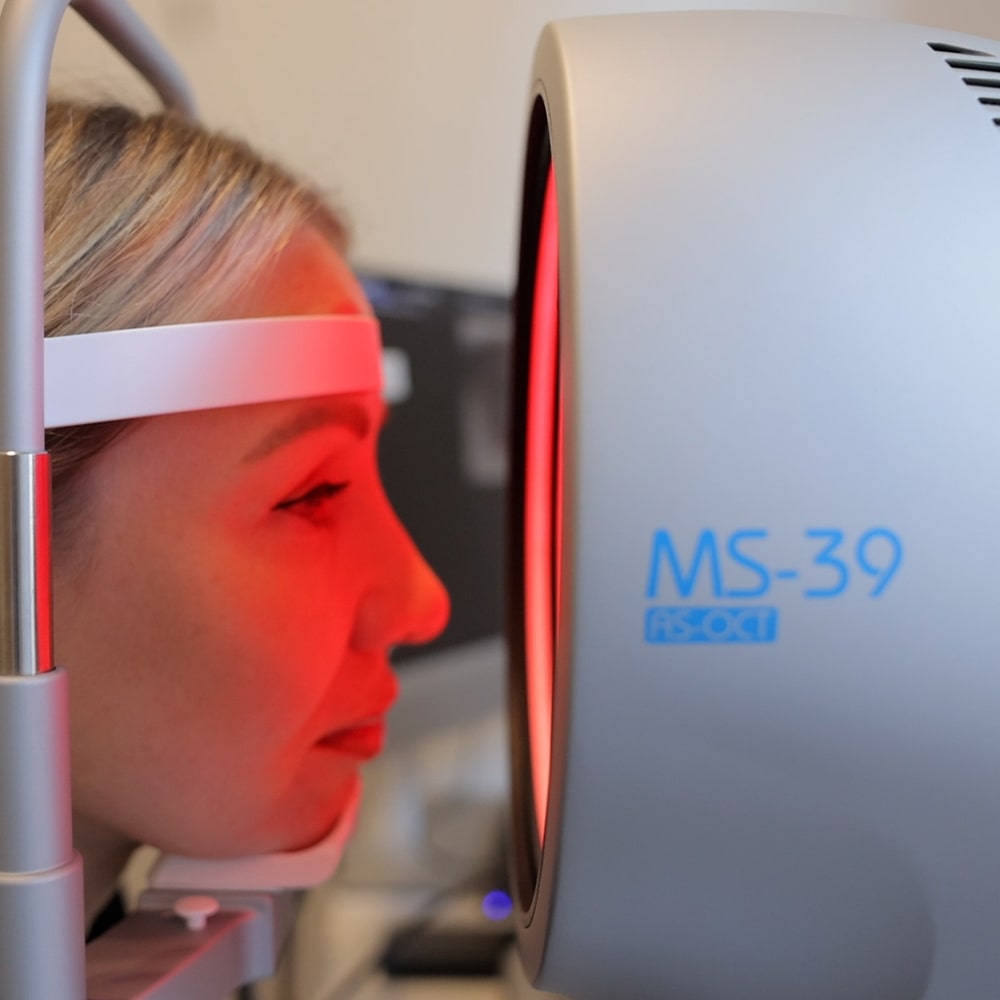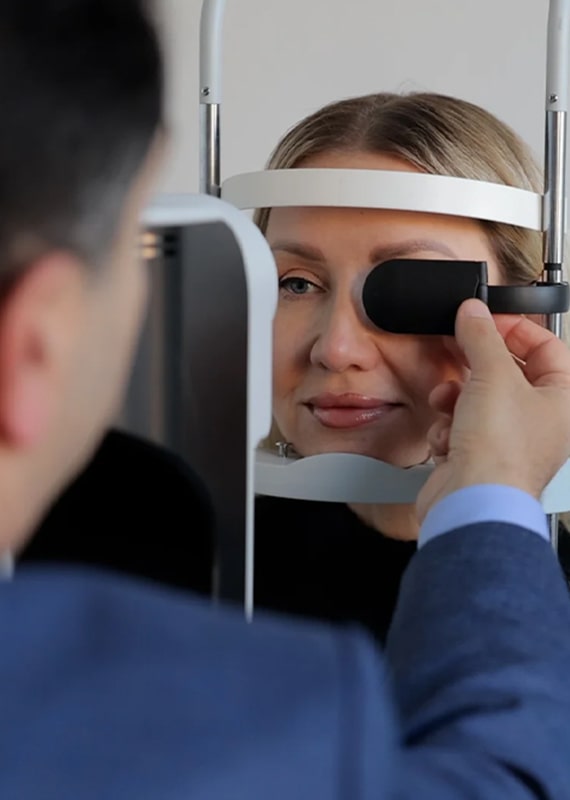Leading Corneal Disease Treatment in London
Have you been diagnosed with a corneal disease and are looking for advanced treatment options?
Welcome to Eye clinic London, a private clinic dedicated to one of the most critical aspects of eye health: corneal diseases. Our mission is to provide comprehensive information, diagnostics, and treatments for various corneal conditions, led by one of the UK's top corneal surgeons, Mr Samer Hamada.
What is Cornea?
The cornea, the eye's clear, protective outer layer, plays a crucial role in vision.
Corneal disease refers to a variety of conditions that affect this essential part of the eye. These diseases can range from common infections and inflammations, like keratitis and conjunctivitis, to more complex conditions such as keratoconus and corneal dystrophies.
















